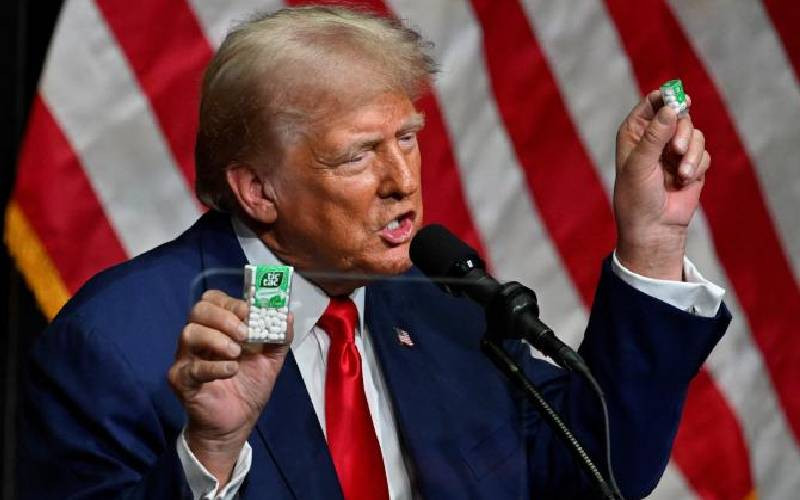
The election of Donald Trump as President of the United States for a second time this past week came as a surprise to many who supported the liberal policies of Kamala Harris. Many argued that Trump, with his multiple impeachments and racist, divisive and exclusionary politics, would not be able to secure the seat. It seems as if no lessons were learned from the 2016 election, when his win was met with great shock and surprise the world over. And yet, with this third attempt at the presidency, Trump was able to secure an even greater win, leaving a gap of over five million votes between himself and Harris.
A deeper look at the election itself provides great insight on how and why the Trump win was inevitable. From the Democratic-leaning who fail to understand why a racist man who promises to rid the country of illegal migrants and put America first would win, the hypocrisy is loud and clear. It should be obvious that, in the same way that they were able to overlook the fact that the Democratic Party is actively arming and funding a genocide, with no plans of stopping any time soon, those that supported Trump were able to overlook his past crimes and what would be termed as his bad policies.